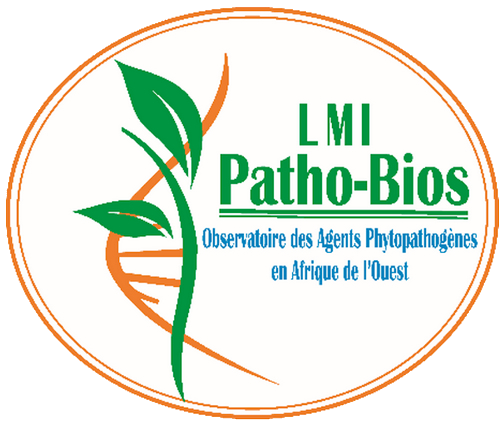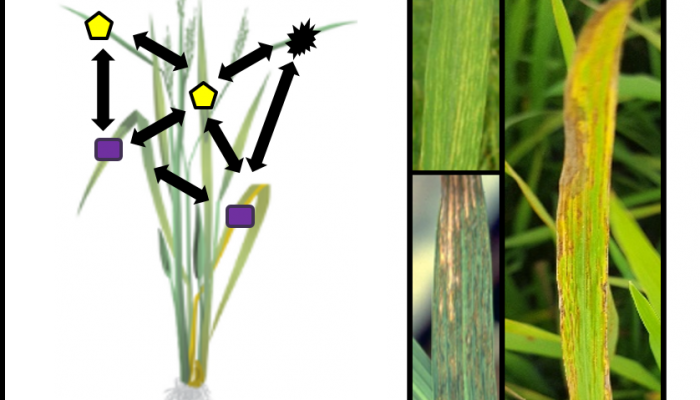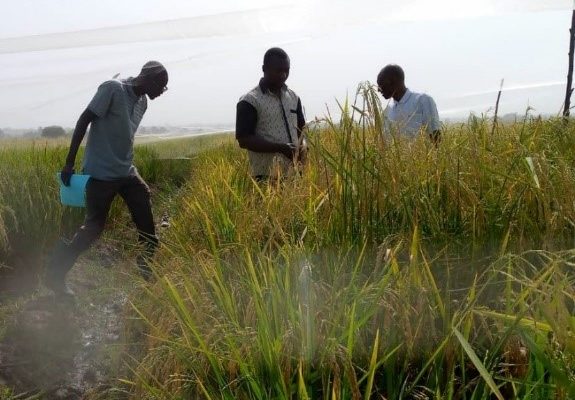Project Info
Project Description
Soil micro-organisms influence plant growth, health and the efficiency of resource use, and part of this soil microbial community is collected by plants to create the root microbiome (Bender et al., 2016). The diversity of plant-associated microbiomes have been studied for many years through culture-based approaches, but the recent progress in high throughput sequencing enables to conduct unprecedented studies on soil and plants microbe communities (Cullen et al., 2020).
These studies show that a microbiome with higher species diversity will be better for the plants by protecting them against biotic and abiotic stresses (Ahkami et al., 2017, Berg et al., 2017).
Until recently, agronomists have tried to understand and model how agro-ecological practices affect the performance of cultivation systems, without including the role of root-related microbiomes. On the other hand, microbiologists mostly work in laboratories in a controlled environment, while agricultural practices, having an impact on the biodiversity of soils, are on a large scale. The MicAgroRice project encompasses a multidisciplinary approach combining agro-ecological practice analysis (output assessment, soils characterization, efficiency of plant nutrition, disease incidence evaluation) and the molecular characterization of microbiomes. This approach would enable to better understand the processes at work in the ecological transition and to model precisely the expected impacts of this transition. The main goals of the project are the following:
1.To study the agro-ecological importance of the diversity and functions related to rice root-associated microbiomes, deriving from agro-ecological practices in the Sudan-Sahel region of Burkina Faso,
2.To learn how microbial diversity and its functions could be analyzed ecologically to contribute to a sustainable plant production,
3.To develop a common approach combining fundamental sciences and agronomy for integrative study of the agro-ecological intensification.
To achieve this, this project focuses firstly on the description of agricultural practices in rice cultivation. Investigations in the farming regions of the Hauts-Bassins region enabled to characterize the practices of farmers of two major types of rice-growing: irrigated and lowlands (in terms of organic and mineral fertilization, cultivation timeline, seed density, seeds used, etc.) and the agronomic and socio-economic logical of these practices (ongoing Master’s internship).
Five farming practices were selected for analysis at many levels. For each practice, the classic agro-morphological characters will be assessed and soil analysis will be conducted (ongoing Master’s internship). The incidence and the severity of the major rice diseases will be assessed, with serological or molecular diagnosis if necessary. Moreover, the rice root-associated microbiome will be analyzed by high throughput sequencing in order to identify the diversity and structuring of microbial diversity, both in terms of taxonomy, and functioning. The microbe species (ESV) that have been significantly differentially enriched in relation to the different treatments will be evidenced.
Understanding the reaction of soil micro-organisms diversity under different agro-ecological practices is very important for the understanding of the impact of agro-ecological transition throughout cultivation and production systems on the long run. By studying the agronomic practices in the farming area, i.e. taking into account the farmers’ constraints, we try to understand the perception of the farmers on these cultivation systems.
We will therefore be able to identify the practices that optimize the functions provided by microbiomes in order to support the agro-ecological transition.
This project gathers IRD UMR PHIM (PI: Agnieszka Klonowska Charlotte Tollenaere and Caroline Brunel), CIRAD UMR AIDA (David Berre and Julie Dusserre) and INERA (Issa Wonni, Louis Yameogo and Adama Ouedraogo). It is funded by Labex AGRO 2011-LABX-002, Project n° 2001-034 – MicAgroRice, integrated to I-Site Muse coordinated by Agropolis Fondation.





